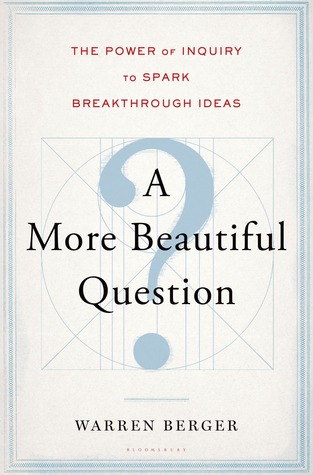I’m going to be the next Steve Jobs. That’s what I was thinking to myself.
I had a business idea that I believed was going to change the world. It was an idea I had been pondering about for the last few months.
Upon researching start up events, I found out that the first ever Startup Weekend was coming to town on February 2013 in Nepal’s capital-Kathmandu. This would be a great place to test out my business idea, so I registered to attend this event.
The day before the event, I looked at myself in the mirror and asked one question repeatedly:
What are the consequences of publicly sharing my idea at the Startup Weekend Kathmandu?
I weighed the pros and cons of sharing that idea at the Startup Weekend Kathmandu. I was thrilled to be participating in the competition and wanted to fully utilize my time in it. However, the above question kept coming back to me and I couldn’t decide what would be the best course of action.
After much contemplation of various scenarios, I decided to share the idea because the benefits of sharing outweighed not sharing it. By sharing my idea to an audience, I would know if the idea could become a business. Holding on to an idea that could not become a business would not be useful to me.
On that Friday evening at the Startup Weekend, I stood behind 10 individuals waiting for my turn to pitch the idea on stage. Behind me, there were about 30 more aspiring entrepreneurs equally excited to share their ideas. Waiting in that line had my nerves excited and my heart beating faster. The abundant energy in that hall invigorated me and I couldn’t wait to get on that stage to pitch my idea in 1 minute. 1 minute was all I had to explain my idea that could change everything.
When my turn came, I went on the stage and pitched my idea of a mobile/web app that allowed users to download books from Nepali writers and read them through the app anywhere in the world.
Over the course of the three day Startup Weekend Kathmandu, we created a team and built the idea. After working and iterating the idea for more than 50 hours, we had a prototype ready to be presented to the judges on the final day. The three judges actively listened, looked at our prototype, and asked us questions. At the end of the event, the results were announced and we had earned the 1st runner up position in the startup competition. Our team was ecstatic and we were congratulated by many attendees that night. That was a special evening for our team and in the ensuing days, we were featured on tech blogs and national newspapers.
If I had not participated in that event, the idea of a mobile/web app for book lovers would have stayed in my head forever. Additionally, I would have never received such amount of valuable feedback in a short period of time and validated if the idea made business sense. There are moments in our lives when we are presented with an opportunity and we have to strike it when it’s hot. That moment for me came in the form of Startup Weekend Kathmandu. I also realized that you can make a difference in the world if we shared our ideas rather than holding on to them.
After the Startup Weekend Kathmandu, I didn’t become the next Steve Jobs, but I became a much better Nirmal Thapa.







